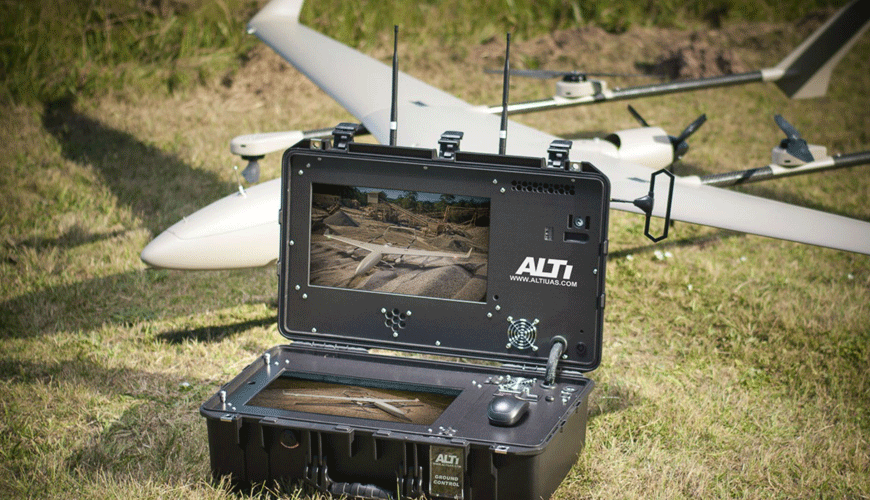

The MIL STD 188-125-2 test standard specifies the minimum requirements and design goals for high-altitude electromagnetic pulse (HEMP) hardening of certain systems. These systems are portable ground-based systems that perform critical, timely emergency command, control, communications, computer and intelligence (C4I) tasks.

The systems required to fully comply with the provisions of the standard will be determined by the General Staff, Military Department Headquarters or Major Command. The scope of MIL-188-125-2 is to specify minimum performance requirements for low-risk protection against mission-aborting damage or upset due to HEMP threat environments defined in MIL-STD-2169.
The standard also meets minimum testing requirements to verify that the installed protection measures provide the operationally required HEMP hardness for the completed system. If the prescribed test causes any hardware damage or functional distress, the operational authority of the system will determine whether the observed event aborted the task.
MIL-STD-188-125-2 HEMP testing defines design and testing criteria for portable ground-based systems specifically specified in HEMP hardened, critical, time-emergency C4I networks. These systems include subscriber terminals and data processing centres, transmit and receive communication stations, and relay systems.
The standard applies to both new systems and modifications of existing systems. Although only local portions of system interconnects are considered, it is assumed that long-distance communication paths, fiberoptic links, or other hardened links between systems will be provided when necessary for mission success.
HEMP acceptance testing can be performed on a system, subsystem or component. These tests are performed to ensure that the specified HEMP performance specifications are met. HEMP acceptance tests are typically conducted near the end of the hardening production or installation contract. These tests are performed to demonstrate that at least the minimum performance requirements of hemp protection measures have been achieved before the unit is accepted by the Government from the Contractor.
HEMP hardness is a quantitative description of the resistance of a system or component to temporary or permanent failure or impaired performance induced by HEMP. HEMP hardness is achieved by adhering to appropriate design specifications and verified by one or more testing and analysis techniques.
HEMP hardness critical agent (HCI) is an item at any assembly level with performance requirements to provide HEMP protection. Nuclear HCIs provide protection from environments produced by a nuclear event or are specifically designed to operate under nuclear weapon (device)-derived stresses. HEMP HCIs are elements of HEMP protection. Rigidity critical assembly is the highest identifiable unit of HEMP HMIs and other components such as assembly of hardware and terminal posts, which may not be rigidity critical.
EUROLAB also provides MIL STD 188-125-2 testing services within the scope of other military testing services. Thanks to these services, businesses receive more effective, high-performance and quality testing services and provide safe, fast and uninterrupted service to their customers.
To get an appointment, to get more detailed information or to request an evaluation, you can ask us to fill in our form and reach you.